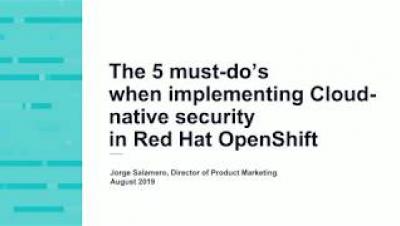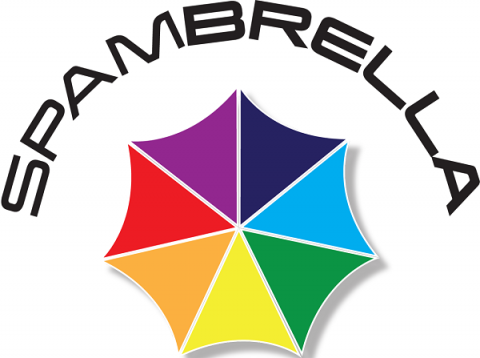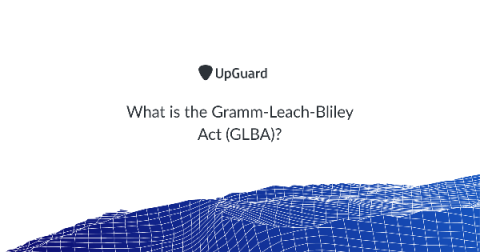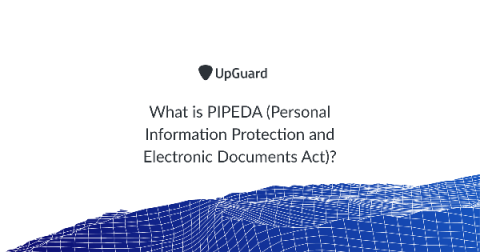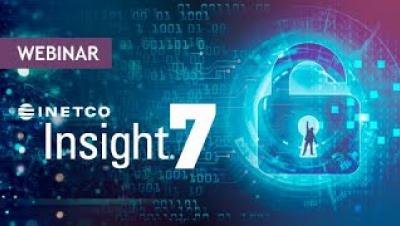Security | Threat Detection | Cyberattacks | DevSecOps | Compliance
%term
Using Email Encryption to Protect Your Business
Email encryption is one of the most vital aspects of email security. It is the process of sending emails to a recipient by disguising the content of the message. The idea is to make it harder for third-parties, whom the content is not for, to read the content within the email. Email encryption will often include authentication that the receiver is the intended person to read the content.
What's the Difference Between Spyware and Malware?
Spyware and malware are both considerable threats when it comes to your computer’s security. Whether it’s your home computer used for general surfing, or a whole network of computers used in your business or place of work – when malware or spyware infect, they can cause considerable damage. Spambrella offers a range of malware protection services designed to help protect you from both malware and spyware – but what are they?
What is the Gramm-Leach-Bliley Act (GLBA)?
The Gramm-Leach-Bliley Act (GLBA, GLB Act or the Financial Services Modernization Act of 1999) is a United States federal law requiring financial institutions to explain how they share and protect their customers' nonpublic personal information (NPI).
Finding a Good Vendor Partner: More than Technology
Finding a security vendor that is the best fit for your company’s business objectives, culture, risk profile, and budget is challenging today. The purpose of this blog is to suggest that working with a “vendor partner” is more than working with a standard technology vendor in that a partner aligns not only with “Technology” concerns but also with “People and Process” concerns.
Cyber Security Checklist to Keep Your Business Safe
In this article, we provide you with an extensive checklist to see the status of the security posture of your organization. As of today, one of the most important assets of an organization is the data. That is why, the number of hackers and ways they employ to steal your sensitive data grow each day. As a result, cyber security practices gain much more importance.
Redscan a double finalist at the TEISS Awards 2020
We’re pleased to announce that Redscan has been shortlisted as a finalist in two categories at the TEISS Awards 2020.
Rising to the challenge of delivering more secure elections
As efforts to modernize and digitize outdated and aging elections infrastructure take hold across the U.S., the demand for a revolutionized approach to cybersecurity has become an increasing imperative. Democratic nations rely on public trust in the integrity of their institutions and in a republic with the guiding principles of government “of the people, by the people and for the people.” There is perhaps a no more important system that that of free, fair, and secure elections.
What is PIPEDA (Personal Information Protection and Electronic Documents Act)?
The Personal Information Protection and Electronic Documents Act (PIPEDA) is the federal privacy legislation for private-sector organizations in Canada. PIPEDA became law in April 13, 2000 to promote trust and data privacy in ecommerce and has since expanded to include industries like banking, broadcasting and the health sector.


